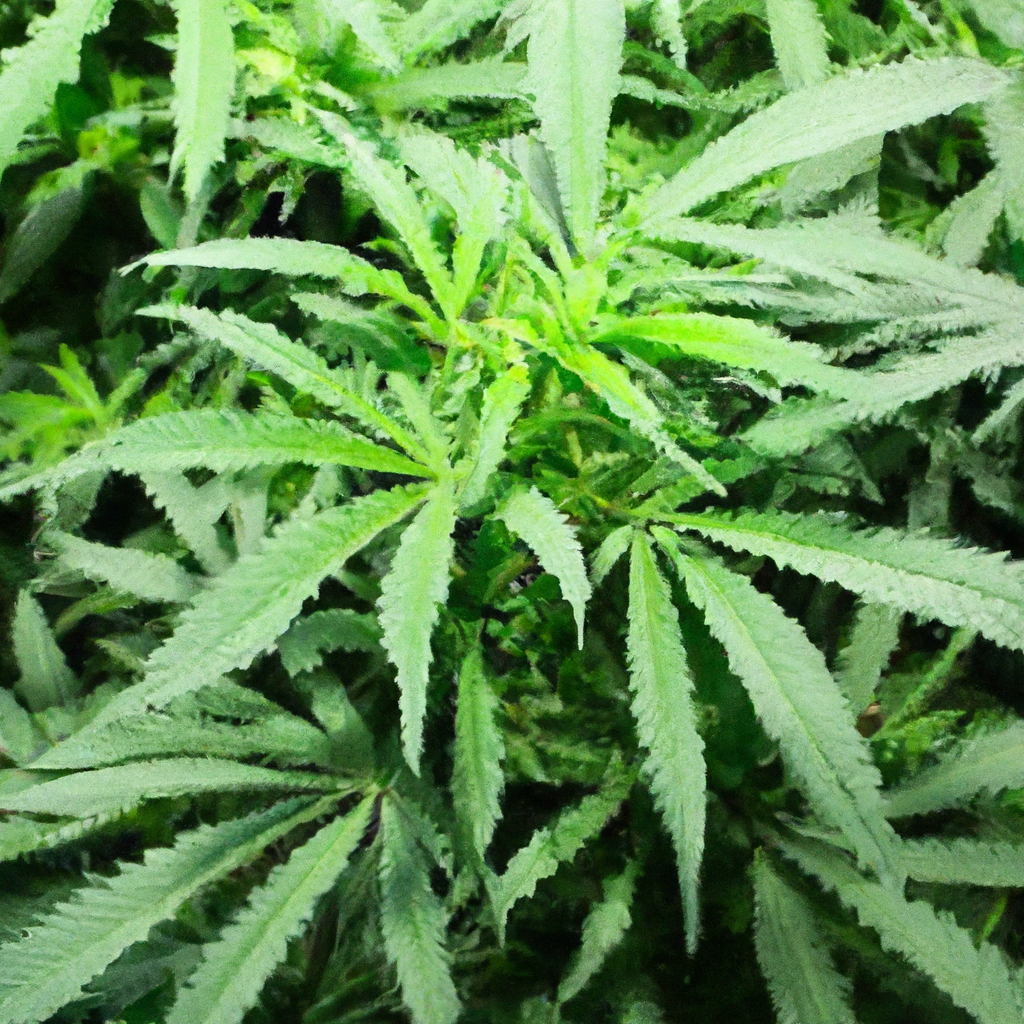Your cart is currently empty!
Organic cannabis cultivation offers environmental benefits and ensures healthier products for consumers. By leveraging organic methods, growers can build thriving ecosystems that contribute to sustainable agriculture. This guide focuses on best practices for using natural fertilizers, compost, and pest control methods to cultivate organic cannabis effectively.
Natural Fertilizers for Cannabis
Choosing the right fertilizers is a fundamental step in organic cultivation. Natural fertilizers not only enrich the soil but also promote plant health without harmful chemicals. Some excellent organic fertilizers include:
- Compost: Rich in nutrients and beneficial microbes, compost improves soil structure and fertility.
- Worm Castings: Enhance soil aeration and water retention, providing essential nutrients.
- Bokashi: Anaerobic composting method that quickly breaks down organic material, boosting soil microbial life.
Building a Healthy Soil Ecosystem
Healthy soil is the cornerstone of successful organic cultivation. By fostering a robust soil ecosystem, a cannabis plant can thrive. Here are some strategies:
- Companion Planting: Integrate plants like clover or alfalfa to support nitrogen fixation and repel pests naturally.
- Mulching: Apply organic mulch to maintain moisture, regulate temperature, and suppress weed growth.
- Crop Rotation: Regularly change crop locations to prevent soil depletion and control pests naturally.
Sustainable Pest Control Methods
Organic pest control focuses on prevention and the use of eco-friendly solutions. Here are some methods to keep pests at bay without synthetic chemicals:
- Neem Oil: Acts as a natural insect repellent and disrupts pest life cycles.
- Beneficial Insects: Introduce ladybugs or predatory mites to feast on common cannabis pests.
- Garlic Spray: Natural deterrent for a wide range of insects and funguses.
Benefits of Organic Cannabis
Growing cannabis organically benefits both the environment and consumers. It reduces the chemical footprint and enhances the cannabis plants’ nutritional content. Organic cannabis is free from synthetic pesticides and growth enhancers, making it safer for consumption and improving the overall taste and quality of the produce.
Conclusion
Organic cannabis cultivation is a sustainable approach that promotes soil health, uses natural pest controls, and enhances the quality of the final product. By implementing the practices outlined above, growers can contribute to a greener world while delivering premium cannabis.
Integrating these methods into your cultivation practice not only ensures a healthier harvest but also supports global sustainability efforts. The future of cannabis is green, and embracing organic practices is a step towards a more eco-friendly industry.
Tags: OrganicGrowing, NaturalFertilizers, Compost, SustainablePractices, PestControl


Leave a Reply